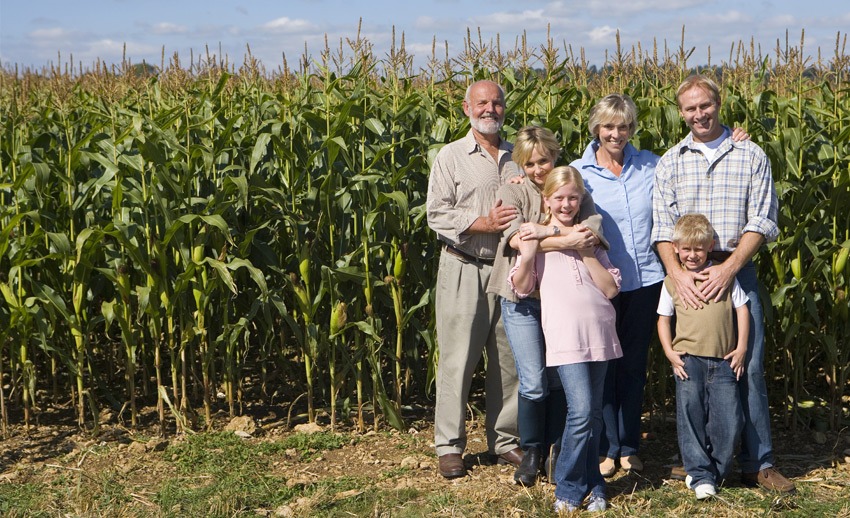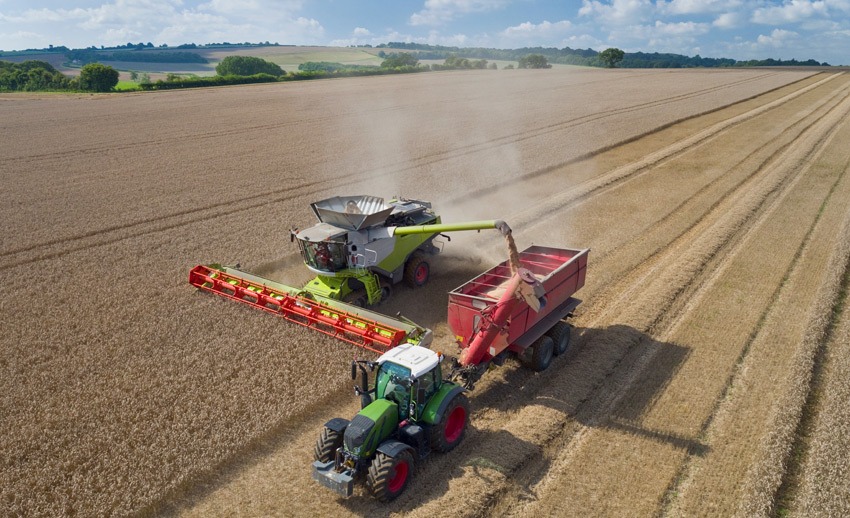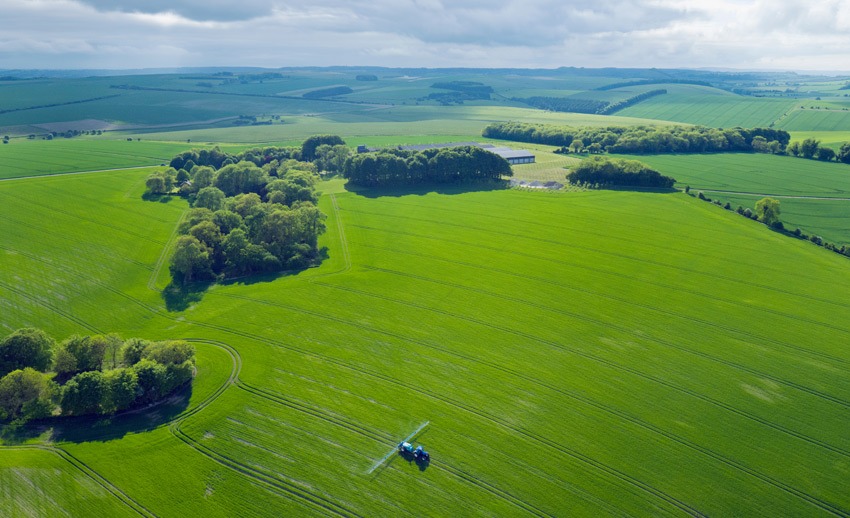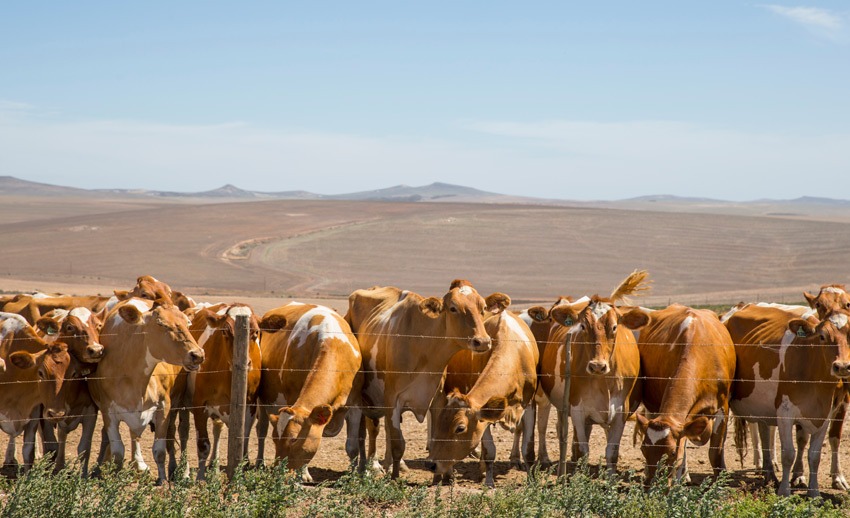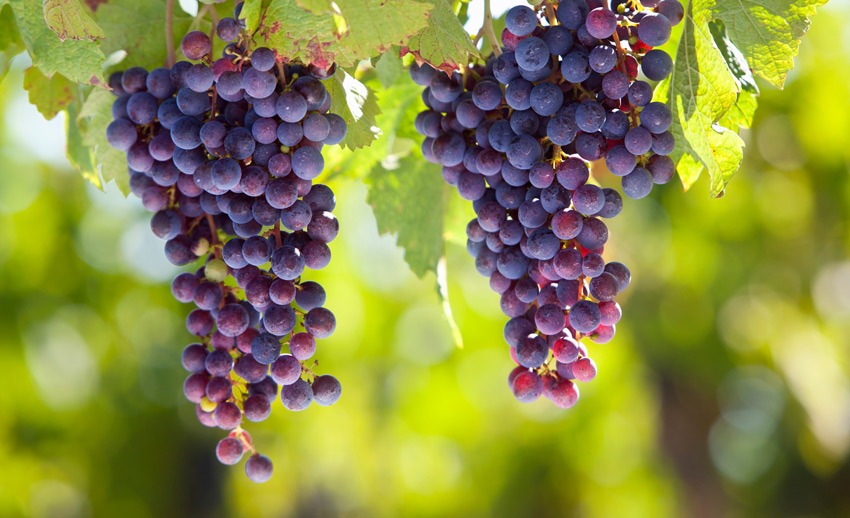1031 Exchanges for Farmland, Ranches and Agriculture
Considering selling your farm, ranch or agricultural land?
Farmers and Ranchers may utilize Section 1031 to sell obsolete or less-productive farmland and purchase farming property that will produce higher cash flows and higher yields. Doing so will allow the owner to both defer any capital gains associated with the sale and potentially increase their net annual cash flows. Further, farmland owners may choose to sell high-intensity, laborious crops into other agricultural assets requiring less maintenance.
Many Farmers and Ranchers don’t realize they can sell their labor-intensive agricultural land and utilize Section 1031 to purchase passive real estate investments such as managed multifamily apartments and self-storage facilities, allowing a significant change in their lifestyle.
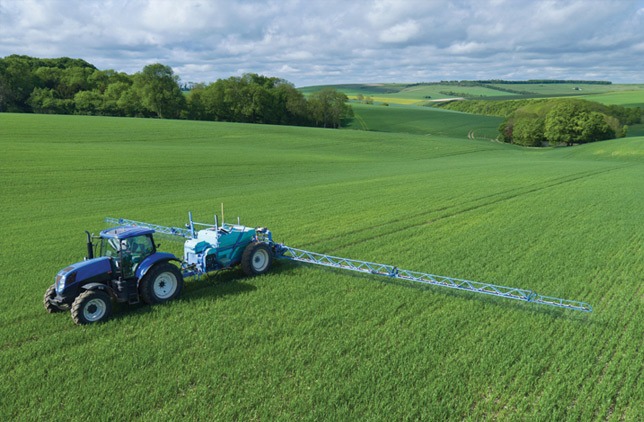
Agriculture 1031 Exchange
Investors can 1031 exchange from farmland into residential multifamily properties or the reverse, where farm owners can sell farmland and reinvest proceeds into residential multifamily communities.
A 1031 Exchange can provide a tax savings opportunity for farmland and ranch owners. Sellers of ranches, farms and agricultural land can benefit from tax deferral under Internal Revenue Code Section 1031.
Internal Revenue Code (IRC) Section 1031 permits real property which is held for productive use in a trade or business or held for investment to be exchanged for other like-kind real property while deferring capital gains and recapture taxes which would otherwise result from the sale of a property. The definition of like-kind is so broad that almost any perpetual interest in real property of any type will be treated as like-kind to any other perpetual real property interest. You are not limited to an exchange of an agricultural property, farm or ranch for another ranch or a farm for another farm. Instead, it can be exchanged for a Single Family Residential Property, Multi-Family Property (Apartments), Commercial Office Properties, Retail Shopping Properties, Industrial Warehouse Properties, Vacant Undeveloped Land, Oil & Gas Interests and other like-kind exchanges.
For more information on a Farmland 1031 Exchange contact Corcapa 1031 Advisors (949) 722-1031 for detailed information of how you can benefit from a 1031 Exchange.
Mixed-Use Land
Mixed-use land (where a portion of the property is a primary residence, and the other qualifies as property being used for business or investment purposes) can still be eligible for a 1031 exchange. If you file your income taxes as a joint return or you have lived in the farmhouse for at least two years, Section 121 of the Internal Revenue Code (IRC) may apply to you. IRC Section 121 segregates the personal residence from the total sales price of the farm and grants a tax exemption on the primary residence portion of up to $250,000 ($500,000 if joint filing) gain.
Even though land is not depreciable, depreciable developments on the land such as certain storage houses, barns, silos or irrigation systems may increase the total tax bill upon sale because depreciation recapture will apply unless 1031 exchange is utilized. Assets such as those listed above may be known as Section 1245 and 1250 property, which could be subject to depreciation recapture. This means that when you sell your land you may have to “recapture” the depreciation.
Previously harvested crops may not be considered “real property” and therefore may not be exchangeable under Section 1031. One solution may be to sell the unharvested crops along with the land to the buyer, assuming appropriate holding periods have applied.
Water and Mineral Rights
Water rights and Mineral rights may be considered as real estate and/or fee interest in real estate and therefore may qualify as 1031 exchange property. There are specific holding requirements and recognition qualifications to determine if they are real estate for tax purposes and eligible for exchange.
Of course, there are subtleties for every situation, so it is essential that you consult your qualified intermediary and tax advisor if considering a 1031 Exchange.
Agriculture 1031 Exchange Case Studies
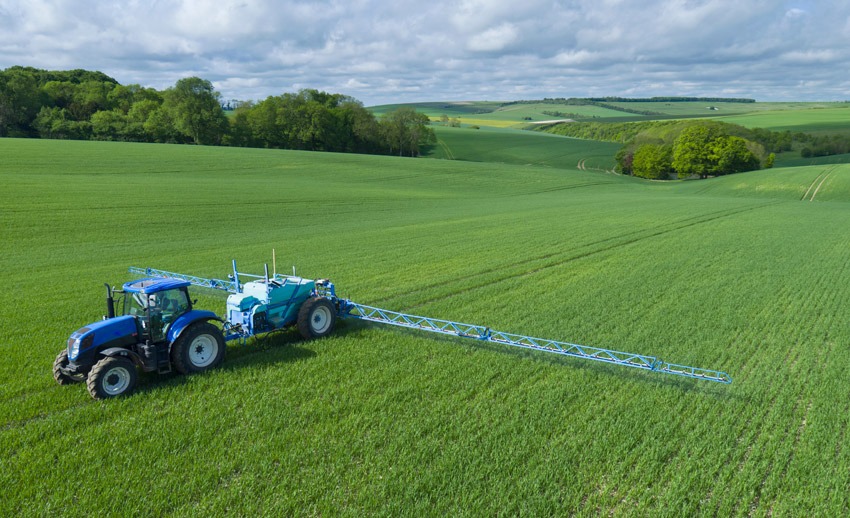
Request 1031 Exchange Listings
Request Investment Property Listings
Browse replacement property offerings for your 1031 exchange.

Register
Prospective clients can register to receive current 1031 DST/TIC property listings.

Browse Properties
Once approved, you can login anytime and view current 1031 investment properties.

1031 Advisor Guidance
Our qualified team will provide guidance and make recommendations based on your goals.


